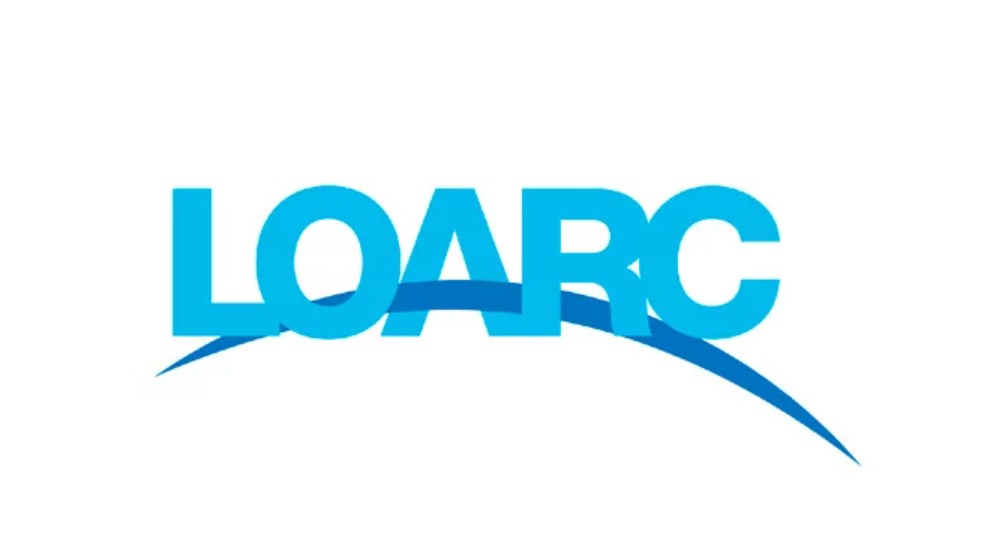Labour OHCOW Academic Research Collaboration (LOARC)

Labour OHCOW Academic Research Collaboration (LOARC)
LOARC was established in 2008 by a collaboration of worker health and safety activists, Occupational Health Clinics for Ontario Workers (OHCOW) staff, and McMaster University researchers.
Their aim was to assess the effectiveness of workers’ rights in safeguarding against workplace hazards. Recognizing the vital link between workers’ experiences, technical expertise, and research, they focused on promoting effective worker involvement in workplace health and safety.
Over time, the team organized workshops and teach-ins, submitted proposals to Ontario government reviews, conducted research to enhance workers’ capacity to improve workplace health and safety, and utilized their findings to create informative guides and summaries.
For more information on LOARC, contact Andy King.
Resources
The LOARC research team meticulously researched and submitted documents to important Ontario government reviews. The team conducted research to understand the effectiveness of worker health and safety representatives in instigating improvements in workplace health and safety. From this research, guides and summaries were developed to further disseminate the findings and support informed decision-making.
LOARC Documents
Researched documents submitted to important Ontario government reviews.
2015: Address the Missed Links – Prevent Harassment at Work
Submissions made to the Roundtable on Violence against Women and Select Committee on Sexual Violence and Harassment and presented May 11, 2015 at public hearings in Ottawa.
2014: Submissions to Ontario Mining Health, Safety and Prevention Review
In 2014 the Ontario Chief Prevention Officer conducted a review of mining health and safety. The LOARC submissions explored the meaning of “internal responsibility” and the strong role given to worker representatives.
2010: Internal Responsibility – The Challenge and the Crisis
Submissions to the Ontario Expert Panel on Occupational Health and Safety. The Expert Panel received submissions and met with interested parties and delivered their report on December 10, 2010.
Examining the effectiveness of worker health and safety representatives in implementing changes to enhance workplace health and safety.
2019: Making Worker Voice a Reality under the Internal Responsibility System – Full Report
Report based on review of over 700 complaint files at the Ontario Labour Relations Board, 25 interviews with workers and review of Inspector Interviews funded by Ontario Ministry of Labour OHS Prevention Grant 2015-2016.
2013: Making Participation Work in the New Economy – Participant’s Report
Participant’s report from a survey of 888 worker health and safety representatives and 51 follow-up interviews funded in 2010 by a WSIB Bridging the Gap Grant.
2013: Making Participation Work in the New Economy – Full Report
Full report from a survey of 888 worker health and safety representatives and 51 follow-up interviews funded in 2010 by a WSIB Bridging the Gap Grant.
2019: Health and Safety Complaints – Making Workers’ Voice a Reality
A guide for workers on how to make health and safety complaints based on the report “Making Worker Voice a Reality under the Internal Responsibility System”.
2019: Making Worker Voice a Reality under the Internal Responsibility System – Executive Summary
Executive Summary of report based on review of over 700 complaint files at the Ontario Labour Relations Board, 25 interviews with workers and review of Inspector Interviews funded by Ontario Ministry of Labour OHS Prevention Grant 2015-2016.
2016: Writing the Worker Back In – Health and Safety Representation A Guide
A guide for workers interested in improving their health and safety at work based on the report “Making Participation Work in the New Economy” with examples.
2013: Three Orientations to Worker OHS Representation
Appendix from 2013 report “Making Participation Work in the New Economy.”
